Assessment 2. Honors by the Numbers: Using Data to Drive Program Assessments and Planning
Louise Hancox, University of Arkansas Fayetteville
Dr. Jennie Popp, Associate Dean, University of Arkansas Fayetteville
At the University of Arkansas Fayetteville, the number of Honors students has surpassed 4000, comprising roughly 15 percent of the undergraduate population. In recent years, the Honors College has increased the number of staff in order to serve this growing number of students with academic and career focused programming as well as with competitive grant opportunities to support study abroad, research and internship experiences. At the same time, efforts are also focused in assessing whether our programming and financial investments are actually reaching the goals we have set for Honors student success. However, these assessments require data across a wide number of quantitative and qualitative variables, but in many cases some or all of the needed data are currently elusive.
The purpose of this presentation is to examine the role and impact of data in assessment. We offer three case studies involving 1) effectiveness of programming, 2) career readiness and outcomes and 3) factors that contribute to Honors program competition. In each case study we will share information regarding 1) the types of data we collect, 2) how we collect those data, 3) the strengths and limitations of those data, 4) efforts underway to improve data collection internally and through collaborations across campus and finally 5) how results of the analyses are driving new efforts in the Honors College to continually improve our student success outcomes. We hope that this information will be useful to other Honors Programs and Colleges interested in using data to drive best practices for Honors success.
